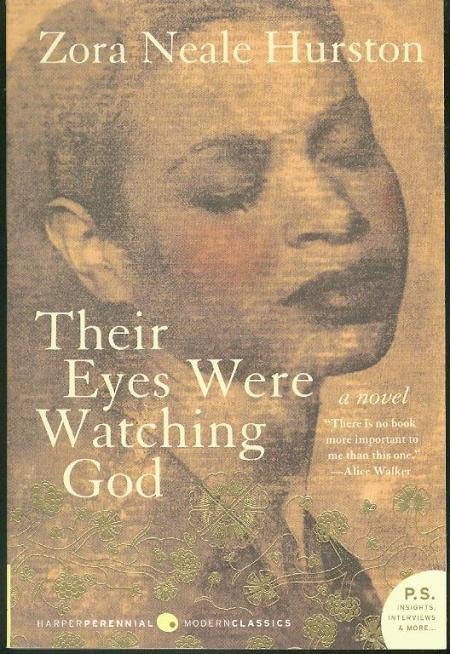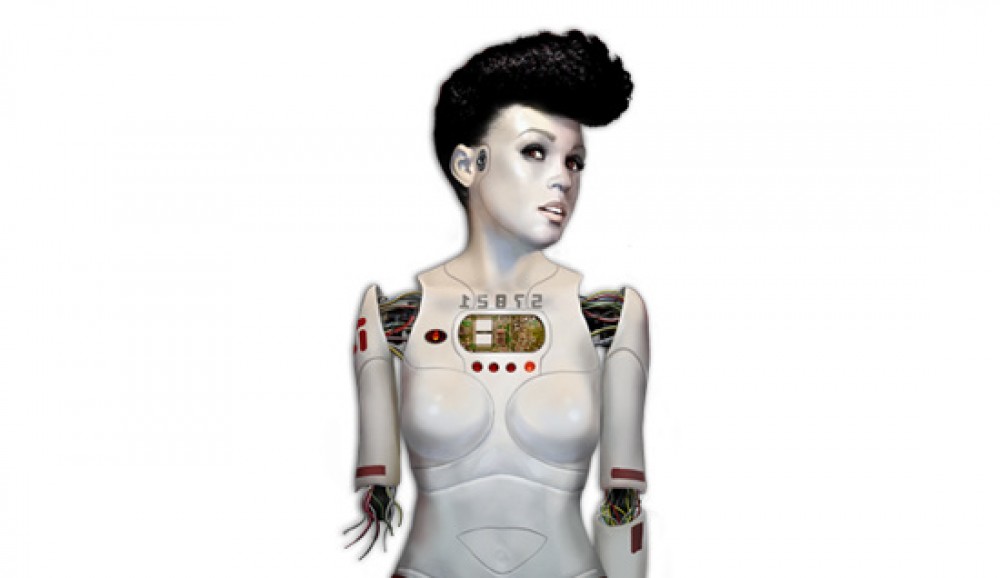
In the fifth chapter of Zora Neale Hurston’s 1937, New Negro Renaissance work, Their Eyes Were Watching God, the main character, Janie and her new husband Joe Starks seek out Eatonville, Florida the first all Black town in America.
“On the train the next day, Joe didn’t make any speeches with rhymes to her, but he bought her the best things the butcher had, like apples and a glass lantern full of candies. Mostly he talked about plans for the town when he got there. They were bound to need somebody like him. Janie took a lot of looks at him and she was proud of what she saw. Kind of portly like rich white folks. Strange trains, and people and places didn’t scare him neither. Where they got off the train at Maitland he found a buggy to carry them over to the colored town right away.
It was early in the afternoon when they got there, so Joe said they must walk over the place and look around. They locked arms and strolled from end to end of the town. Joe noted the scant dozen of shame-faced houses scattered in the sand and palmetto roots and said, ‘God, they call this a town? Why, ‘taint’ nothing but a raw place in de woods.’
‘It is a whole heap littler than Ah thought.’ Janie admitted her disappointment.
‘Just like Ah thought,’ Joe said. ‘A whole heap uh talk and nobody doin’ nothin’. I god, where’s de Mayor?’ he asked somebody. ‘Ah want tuh speak wid de Mayor.’
Two men who were sitting on their shoulderblades under a huge live oak tree almost sat upright at the tone of his voice. They stared at Joe’s face, his clothes and his wife.
‘Where y’all come from in sich uh big haste?” Lee Coker asked.
‘Middle Georgy,’ Starks answered briskly. ‘Joe Starks is mah name, from in and through Georgy.’
‘You and yo’ daughter goin’ tuh join wid us in fellowship?’ the other reclining figure asked. ‘Mighty glad tuh have yuh. Hicks is the name. Guv’nor Amos Hicks from Buford, South Carolina. Free, single, disengaged.’
‘I god, Ah ain’t nowhere near old enough to have no grown daughter. This here is mah wife.”
Hicks sank back and lost interest at once.
‘Where is de Mayor?’ Starks persisted. ‘Ah wants tuh talk wid him.’
‘Youse uh mite too previous for dat,’ Coker told him. ‘Us ain’t got none yit.’
‘Ain’t got no Mayor! Well, who tells y’all what to do?’
‘Nobody. Everybody’s grown. And then agin, Ah reckon us just ain’t thought about it. Ah know Ah ain’t…”
Joe Starks goes on to purchase two hundred acres of land, build a town store, incorporat the town and make a small fortune by selling parcels of land to Black people when they move to Eatonville. He became the first Mayor of Eatonville.
Hurston makes no mention of crime in Eatonville. The poorest of the poor are feed. The entire town lives in harmony through agriculture and leisure activities. Even a mistreated mule in Eatonville is set free to live out his last days free, happy and unencumbered with hardship. But even in Hurston’s construction of this Utopian space, there are traces of dystopia through the harsh gossip that emanates from the mouths of its civilians, its acceptance of domestic violence and the pure envy that manifests in many women towards Janie for being Mrs. Mayor Starks.
